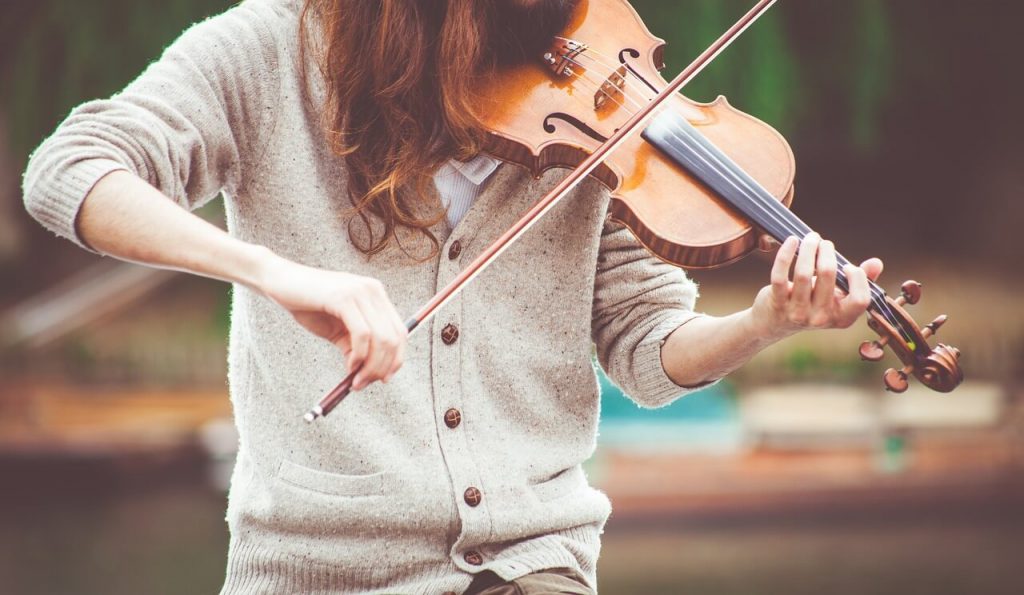I was eight years old when I had my first piano lesson and I continued playing up through adulthood. My brother, however, never took to learning an instrument; he quit soon after he began kicking the piano every time he made a mistake. But now he could be regretting that decision, because research has shown that learning an instrument can make you smarter, in addition to providing you with the simple pleasure of creating beautiful music.

Playing an instrument develops multiple areas of the brain
It’s been known for years that listening to music can help you relax and bring great enjoyment to your life overall. Music therapy is a valuable tool for treating a host of problems; for example, different areas of the brain control speaking and singing, so stroke victims who lose their power of speech can sometimes still sing, which may be very liberating.
Scientists carrying out fMRI scans and PET scans on musicians’ brains have discovered some surprising facts. Listening to music causes several areas of the brain to react, but playing an instrument lifts that burst of activity to a whole new level.
Learning an instrument is better than just listening
Researchers believe that the reason so many more areas of the brain are stimulated when we play an instrument is because of the complex tasks involved.
Firstly, the performer needs to read the notation. Music notation is quite complicated because it shows the rhythm of the music, the notes to play, and the length of each note. It also has instructions (in Italian no less!), about how the music should be played. This includes the speed, the style, and when the music should become louder and quieter. Some instruments, like the piano, have two staves (lines) of music to follow simultaneously.
In addition to focusing on the actual vidmate 9apps notes, the player also has to think about the physical aspects of playing the instrument. This could include holding it correctly (like propping up the violin between your chin and shoulder), pressing the right keys (as you do with a flute), and correct breathing (as is required with the trumpet). In fact, most instruments involve managing several things at once. An organist, for example, may have five different keyboards, play with the hands and the feet, and alter the sound using pull-out stops.
And of course, many musicians don’t play alone. Think of all the different participants in a marching band, an orchestra, a rock group, or jazz ensemble. While focusing on their own performance, each player needs to listen to the other performers to stay in time, and perhaps sing as well. There may even be the buzz of a real live audience to add to the dynamics.
You can see that playing an instrument is rather like giving your brain a complete body workout, and all this “exercise” can only be a good thing. Therefore, if you like listening to instruments like congas, you should learn how to play congas.
It’s never too late to learn
Starting young is undoubtedly the best way to begin when it comes to learning an instrument. Some children begin their lessons as early as two years old. Kids tend to pick up the skills they need more quickly and easily than adults, and all that brain development helps them in other areas of learning such as reading and mathematics.
But there’s no reason why you shouldn’t take up an instrument at any stage of life. It may take you a bit longer to master the basics, and you might not become a virtuoso, but the sense of satisfaction you’ll feel when you can play a recognizable tune simply can’t be beaten.
With more experience, you could join a local orchestra or music group, which will not only give you even more pleasure as you play with others, but may also help you to make new friends and build new relationships.
